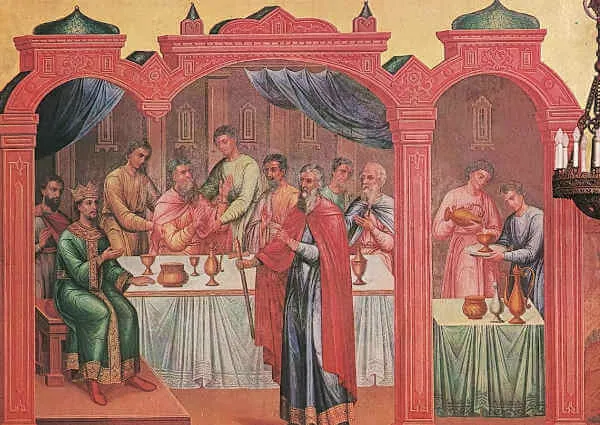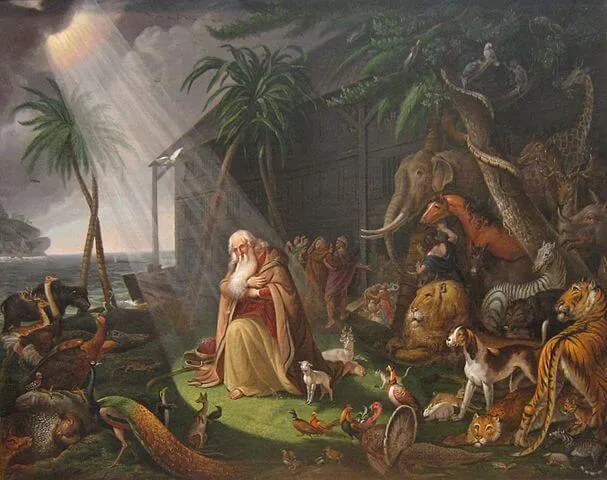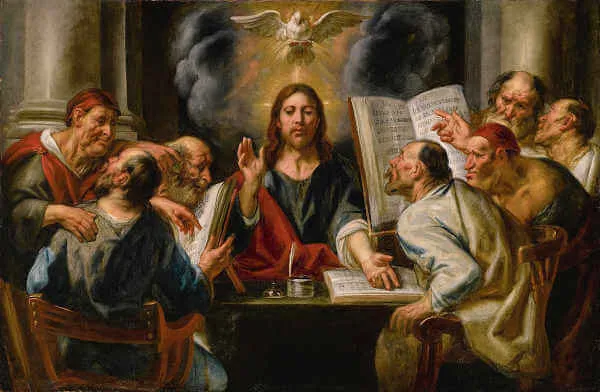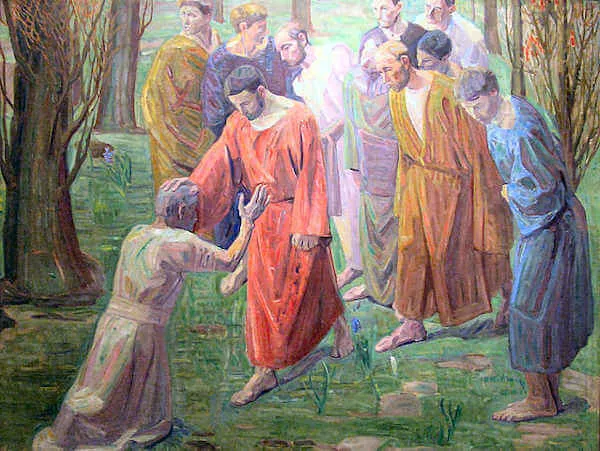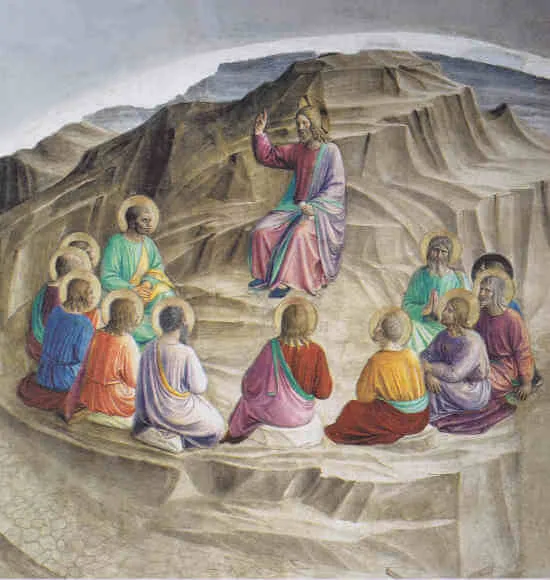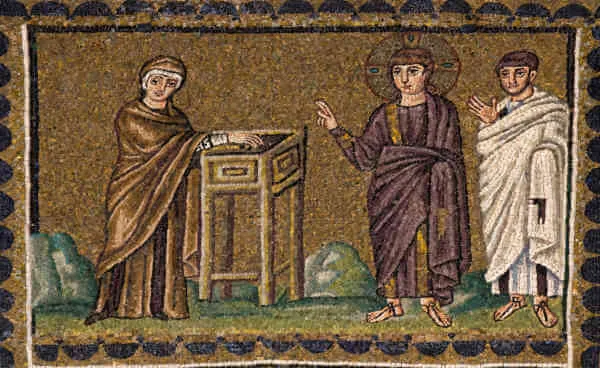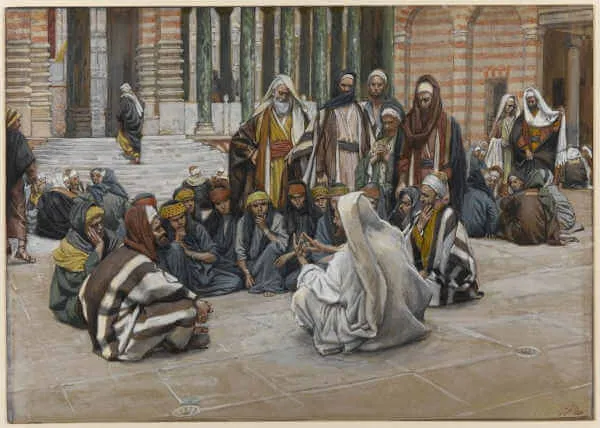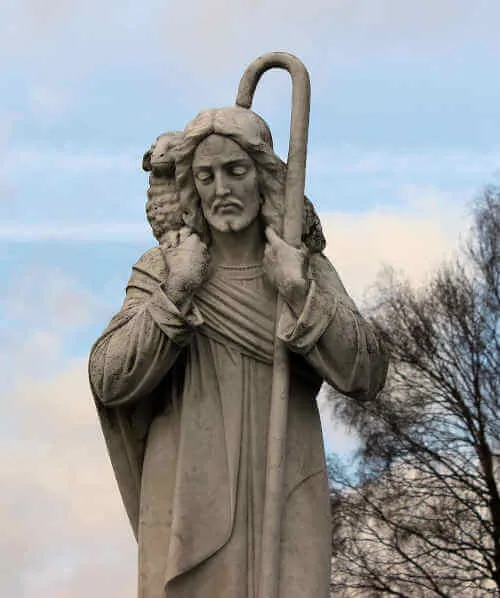Luke 18:6-8
Praying for the Will of God
The Lord said, “Pay attention to what the dishonest judge says. Will not God then secure the rights of his chosen ones who call out to him day and night? Will he be slow to answer them? I tell you, he will see to it that justice is done for them speedily.”
Reflection:
It’s interesting that Jesus uses the example of a dishonest judge to illustrate the importance of praying to God, calling out to Him day and night for justice. As the parable goes, this judge cared little about a widow in his town who continually came to him asking for a just decision. He felt as though she was continually bothering him. Because she was so persistent, the judge thought to himself, “…because this widow keeps bothering me I shall deliver a just decision for her lest she finally come and strike me.” Jesus’ conclusion from this parable is quoted above.
The simple lesson we ought to learn from this parable is that we must be persistent in prayer. God will always answer our prayers, seeing to it that “justice is done” speedily. But many people have prayed and prayed and prayed for some situation, prayed even for justice, and it appeared that God did not answer their prayer. Thus, some may question the promise of Jesus that persistent prayer will always be answered and justice always be rendered.
If this is your experience, it is essential that you remind yourself of two things. First, Jesus’ words are true. When we persevere in prayer and trust in God, He hears us and answers. This is our Lord’s unwavering promise. But secondly, the “justice” that God delivers may often be different than the justice we expect. It may be that we want someone to pay for a wrong they did to us, but after praying fervently, our expectation is not met by our Lord. For this reason, it is essential that we know that God answers every prayer we pray, but in accord with His perfect will and wisdom. Therefore, God’s view of justice at times may be very different than ours. At times, His justice is satisfied by His invitation to us to show mercy in abundance. True mercy always satisfies justice.
Take, for example, the case of someone speaking in a rude manner to you. If you offer that situation to our Lord, He will enter in and provide His grace for you to deal with it in accord with His will. Perhaps He will soften the other person’s heart so that they apologize, or perhaps, if they don’t apologize and their heart is not softened, then God’s answer to your prayer will be to give you the grace of humility so that you can love that person despite their unrepentance. Regardless of the way our Lord intervenes, the fact remains that He will intervene and enable you to fulfill His perfect will. If, however, your prayer is that the person be held accountable and condemned, then you are trying to tell God what to do, and He will not accede to your request. All of our prayer must ultimately be for the fulfillment of God’s perfect will in accord with His wisdom.
Reflect, today, upon how completely you trust in God. Do you know, with certainty, that He will answer every prayer that you fervently pray with faith in accord with His divine will? Believing this is freeing and enables you to live more fully in union with Him. If there is some issue with which you struggle right now, even some apparent injustice, then entrust it to our Lord, day and night without ceasing, and know that His grace will guide you as He answers you in accord with His will.
Source: https://catholic-daily-reflections.com/2024/11/15/praying-for-the-will-of-god-7/


